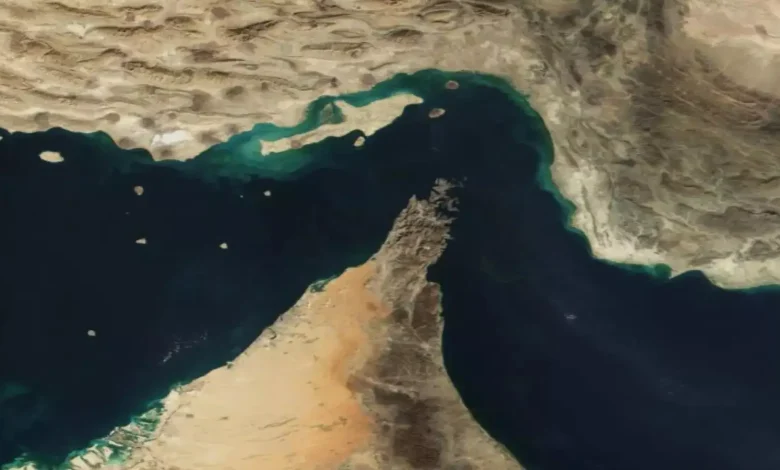Trump’s Strike On Iranian Nuclear Sites Sparks Strait Of Hormuz Closure Threat: What Does It Mean For India?

President Donald Trump’s decision to bomb three Iranian nuclear facilities has intensified global anxiety over a potential large-scale conflict in the Middle East. By aligning militarily with Israel in a significant strike against Iran, the United States has triggered fresh fears of escalation and retaliation. In the wake of the strikes, Iranian state media reported that Tehran is now considering closing the Strait of Hormuz, a narrow but critical maritime chokepoint through which roughly 20 million barrels of oil and large quantities of liquefied natural gas pass daily.
The strait links the Persian Gulf with the Arabian Sea and is bordered by Iran to the north and the Arabian Peninsula to the south. Although Iran has issued similar warnings in the past, it has never taken concrete steps to shut the strait. This time, however, reports suggest the threat may be closer to reality.
The Strait of Hormuz is just 33 kilometers wide at its narrowest point, but the actual shipping lanes are a mere 3 kilometers in each direction, leaving them highly susceptible to disruption. Any closure would significantly impact oil exports from regional heavyweights such as Saudi Arabia, Iraq, the UAE, Kuwait, Qatar, and Iran itself.

While Western nations were once the most vulnerable to such disruptions, the modern energy landscape means Asian economies, especially China, now stand to lose the most. India, too, relies heavily on the strait, with about 2 million barrels per day (bpd) of its total 5.5 million bpd oil imports transiting through the waterway.
That said, Indian officials and industry analysts noted that the country has significantly diversified its energy sources in recent years. Russian crude, which bypasses the Strait of Hormuz via other global shipping routes, along with additional imports from the US, Brazil, and elsewhere, would help offset any immediate loss. On the gas front, major LNG suppliers like Qatar, Australia, Russia, and the US are either unaffected or minimally impacted by a potential closure.
Still, analysts warn that heightened instability in such a key energy corridor is likely to drive up oil prices in the short term, potentially pushing them toward $80 per barrel.
Responding to reports that Iran’s parliament has approved measures to shut the strait, US Secretary of State Marco Rubio issued a stern warning on Sunday. “If they do that, it will be another terrible mistake. It’s economic suicide for them if they do it. And we retain options to deal with that, but other countries should be looking at that as well. It would hurt other countries’ economies a lot worse than ours,” Rubio said, according to Reuters.
He added, “I encourage the Chinese government in Beijing to call them about that, because they heavily depend on the Straits of Hormuz for their oil.” As global leaders and markets react to the spiraling tensions, the focus now shifts to how Iran will follow through on its threats, and what the world is prepared to do in response.




